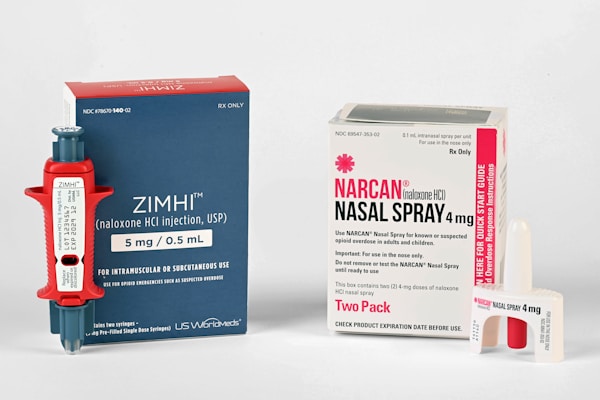Having a loved one who is struggling with opioid addiction can be a difficult and overwhelming experience. It is important to remember that the person is not their addiction and that providing support and resources can help them get the care they need to heal and recover. This article will provide guidance on how to help someone battling an opioid addiction, from understanding the signs and symptoms of opioid overdose to providing practical support. Keep reading to learn more.
Educate yourself on how to respond to an opioid overdose.

It is important to educate yourself on how to respond to an opioid overdose if you are helping someone battling addiction. Opioid overdose can be life-threatening, and knowing how to respond can save a person’s life. Symptoms of an overdose may include slow or shallow breathing, pinpoint pupils, blue or purple lips or fingernails, cold or clammy skin, and unconsciousness.
If you suspect that someone is experiencing an opioid overdose, call 911 immediately. Administering naloxone, a medication that can reverse the effects of an opioid overdose may also be necessary. Many states have programs that make naloxone available without a prescription. Knowing how to respond to an overdose and having naloxone on hand can be critical in saving a person’s life.
Encourage them to check themselves into a residential treatment center.
In addition to educating yourself on how to respond to an overdose, it’s important to seek out resources and support for both the person battling an addiction and their loved ones. Consider attending support groups, such as Narcotics Anonymous or SMART Recovery, to learn about addiction and recovery and to connect with others who are going through similar experiences. Remember that addiction is a complex and challenging condition and that it often requires ongoing support and treatment to achieve and maintain recovery.
Offer emotional support and a sense of hope.

Offering emotional support and a sense of hope can be powerful tools in helping someone battling an addiction. Opioid addiction can be a difficult and isolating experience, and having someone to turn to for emotional support can make a significant difference. Simply listening without judgment, offering encouragement, and being present can help the person feel less alone and more hopeful.
In addition to emotional support, providing a sense of hope can also be beneficial. This may involve encouraging the person to seek treatment, reminding them that recovery is possible, and celebrating their successes along the way. By offering emotional support and a sense of hope, you can help the person feel empowered to take control of their addiction and work towards a healthier, happier life.
Set boundaries.
Setting boundaries is an important step in supporting someone battling opioid addiction. It’s important to recognize your own limits and needs and to communicate them clearly to the person you’re supporting. Boundaries may include limiting contact or interactions with the person, setting limits on financial or material support, or refusing to enable or participate in destructive behaviors. By setting boundaries, you can protect your own emotional and mental health while still offering support and encouragement to the person in recovery.
It’s important to remember that setting boundaries is not a punitive or judgmental act, but rather a way to establish healthy and respectful relationships. Communicating your boundaries in a clear and compassionate way can help the person understand and respect your needs and can create a sense of mutual trust and understanding. By setting boundaries, you can provide a stable and supportive presence in the person’s life while also taking care of yourself.
Be patient.
Helping someone battle an opioid addiction can be a difficult and emotionally taxing process. It’s important to remember that recovery is a process that takes time and patience. Encouraging the person to seek treatment and offer support throughout their recovery journey can be incredibly helpful, but it’s important to remain patient as they work through the ups and downs of recovery. Setbacks and relapses are a normal part of the recovery process, and it’s important to remain supportive and patient throughout the process.
Overall, helping someone who is battling an opioid addiction requires understanding, patience, and guidance. It is essential to provide support and resources to those who are suffering from addiction while also encouraging them to take responsibility for their recovery. By offering assistance and understanding, we can help those struggling to get the help they need and break free of the cycle of addiction.



